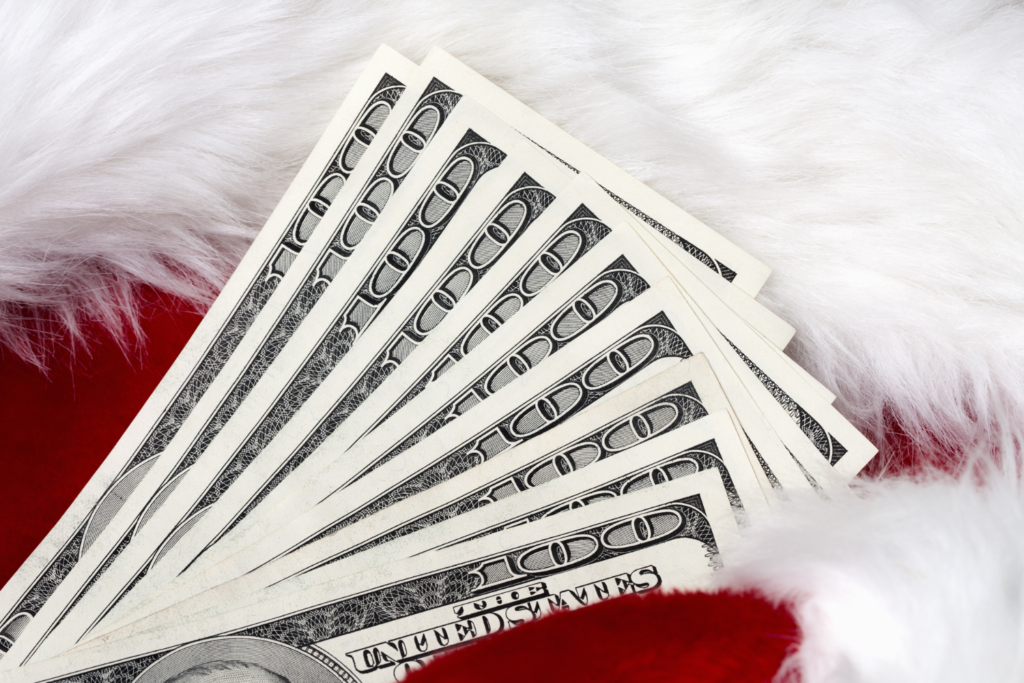
Have you ever looked at your bank statement and noticed small charges here and there that seem insignificant but add up over time? Many of these fees are a waste of money and entirely avoidable, yet businesses count on consumers either not noticing or assuming they are just part of life. Here are some of the most common fees that are a complete waste of money—and how you can avoid them.
Contents
1. ATM Fees
Why It’s a Waste: ATM fees can range from $2 to $5 per transaction, and in some cases, both the bank that owns the ATM and your own bank may charge you. That’s money down the drain just to access your own cash.
How to Avoid It: Use ATMs within your bank’s network, withdraw cash during routine trips to your bank, or opt for a bank that reimburses ATM fees.
2. Bank Overdraft Fees
Why It’s a Waste: Overdraft fees can be as high as $35 per transaction. If you accidentally overdraft your account multiple times, you could end up paying hundreds of dollars for a mistake.
How to Avoid It: Set up alerts for low balances, link your checking account to a savings account for automatic transfers, or choose a bank that offers no-fee overdraft protection.
3. Credit Card Interest and Late Fees
Why It’s a Waste: Paying interest on credit card balances is one of the fastest ways to lose money unnecessarily, especially when the average interest rate is over 20%. Late payment fees can tack on another $30-$40.
How to Avoid It: Pay off your balance in full each month, set up auto-pay to avoid late fees, and consider a zero-interest promotional offer when needed.
4. Convenience Fees
Why It’s a Waste: Some companies charge you a fee just for paying with a credit card or using an online payment system. These can be anywhere from $2 to a percentage of your total bill.
How to Avoid It: Use payment methods that don’t charge extra, such as bank transfers or direct debits. Some businesses waive the fee if you pay in cash.
5. Airline Baggage Fees
Why It’s a Waste: Many airlines now charge for checked luggage, and some even charge for carry-on bags. These fees can quickly add up, especially for frequent travelers.
How to Avoid It: Travel with only a carry-on when possible, choose airlines, like Southwest Airlines, that offer free checked bags, or sign up for an airline-branded credit card that includes baggage fee waivers.
6. Resort Fees
Why It’s a Waste: Hotels often tack on resort fees for amenities like Wi-Fi, pools, and gym access—whether you use them or not. These fees can range from $10 to $50 per night. Las Vegas hotels are commonly known for low priced rooms, but high resort fees.
How to Avoid It: Always check the total cost before booking, choose hotels that don’t charge resort fees, or use hotel loyalty programs that waive these charges.
7. Foreign Transaction Fees
Why It’s a Waste: When traveling internationally, some banks charge a 2-3% foreign transaction fee every time you use your credit card.
How to Avoid It: Use credit cards with no foreign transaction fees, withdraw cash in large amounts to minimize charges, or switch to a bank that offers global-friendly accounts.
8. Subscription Fees for Unused Services
Why It’s a Waste: Many people forget to cancel subscriptions they no longer use, whether it’s a streaming service, gym membership, or meal kit delivery.
How to Avoid It: Regularly review your bank statements, cancel unused subscriptions, and use tools like Trim or Rocket Money to track and cancel subscriptions automatically.
9. Rental Car Insurance Fees
Why It’s a Waste: Rental car companies push expensive insurance packages that often duplicate coverage you already have through your personal auto insurance or credit card.
How to Avoid It: Check with your car insurance provider and credit card company before renting a car. Many offer rental coverage at no extra cost.
10. Inactivity Fees
Why It’s a Waste: Some prepaid cards, bank accounts, and online services, such as iBotta, charge a fee if you don’t use them for a certain period.
How to Avoid It: Close unused accounts, use your card at least once in a while, or choose accounts that don’t penalize inactivity.
Final Thoughts
Fees may seem small, but over time, they can drain your wallet unnecessarily. The best way to avoid these charges is to stay aware, read the fine print, and choose financial products that align with your spending habits. A little effort can save you hundreds (or even thousands) of dollars per year!





